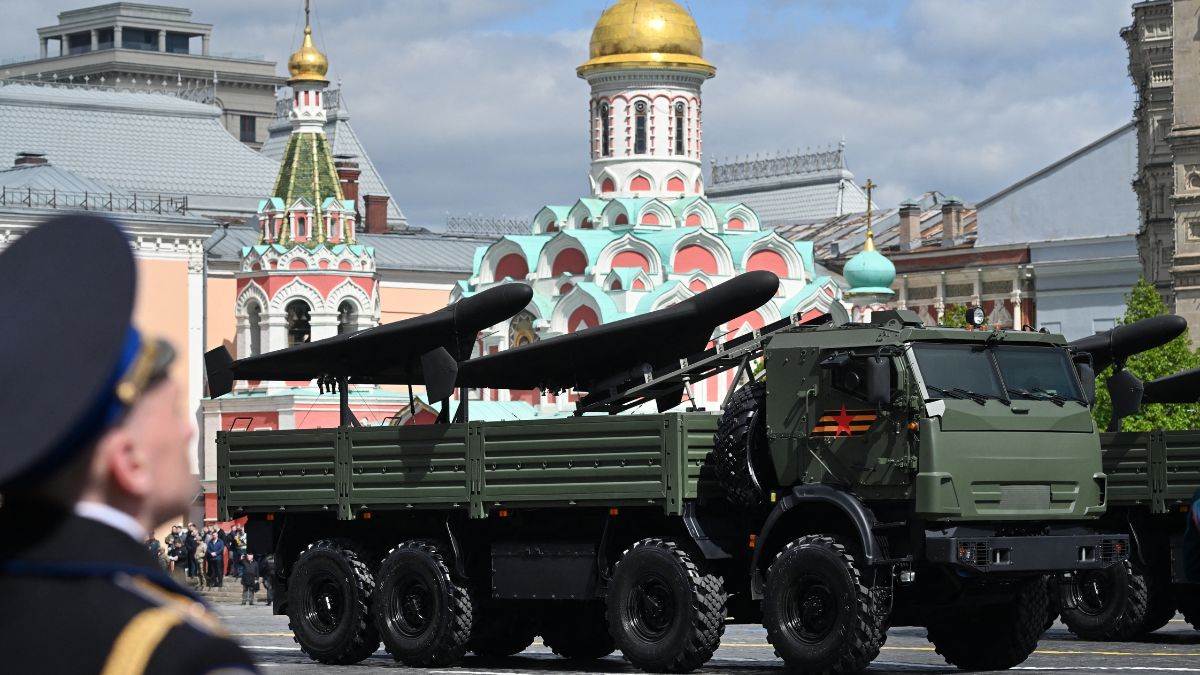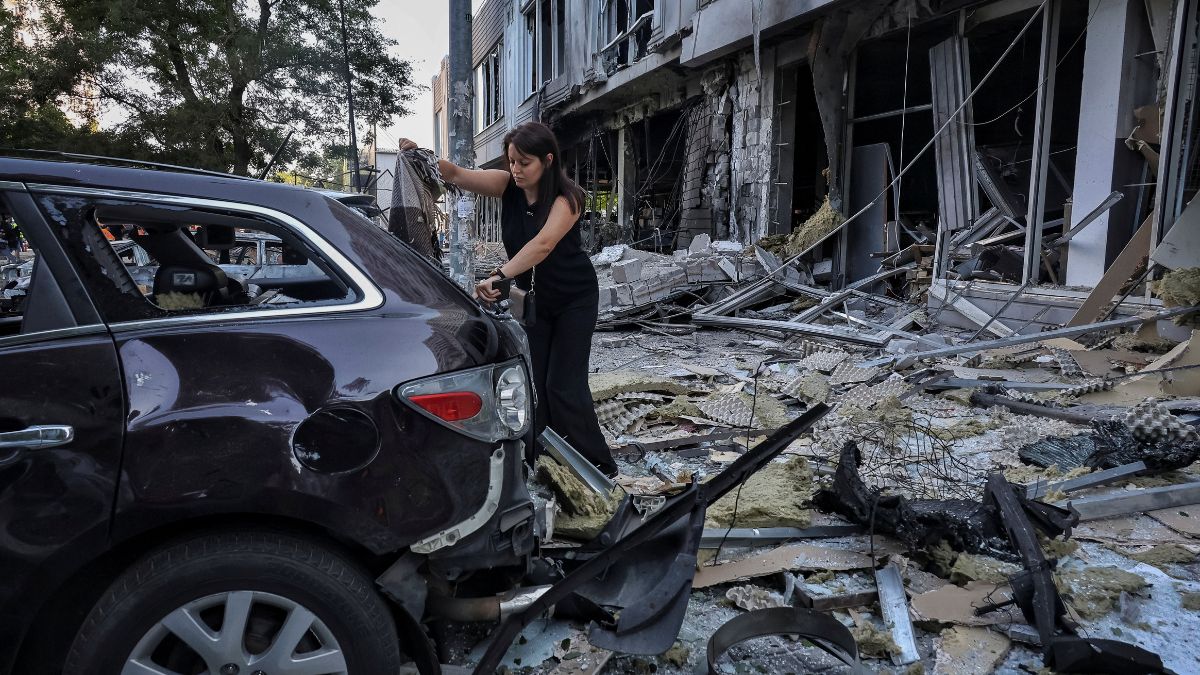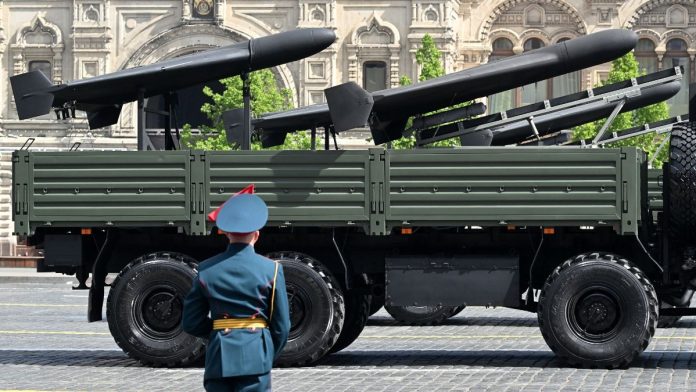A new investigation has revealed that Russian authorities have been involving teenagers in the development and testing of drones used in the war against Ukraine.
The findings, reported by the exiled Russian news outlet The Insider, reveal that teenagers are brought in through what appear to be harmless activities like video games, government-organised contests, and offers of educational or career benefits.
Those who show strong skills are later taken on by companies linked to Russia’s defence industry.
STORY CONTINUES BELOW THIS AD
ALSO READ | When Russia went to war against Ukraine and changed the world
In this explainer, we find out how teenagers are being pulled into the drone programme and what they had to say about their involvement.
Let’s take a look:
How Russia is using children to design and test its military drones
The process begins with government-backed competitions that appear to be harmless and gradually lead to practical work with military technology.
The report describes how video games like Berloga, launched in 2022, are used as a gateway. In the game, “intelligent bears” fight off bees using drones.
Success in such games can earn players extra academic credits and open doors to competitions like ‘Big Challenges’. Top performers from these contests are often selected by companies connected to the defence sector.
Notably, Russian President Vladimir Putin has called for an increase in drone production. As both Ukraine and Russia continue to rely heavily on drones in the conflict, there is a constant push for better technology.
Russia is now looking to its brightest teenagers to support this effort.

So, how is this done?
It starts with Berloga, where players use drones in fictional scenarios. The game has drawn hundreds of thousands of young Russians. Those who excel can earn rewards that help with school exams.
These top players are then invited to join more advanced programmes, which are designed to identify talented students.
STORY CONTINUES BELOW THIS AD
Notably, Putin personally approved the launch of Berloga, and the project has continued to receive strong backing from officials.
Its biggest attraction, and what drives its popularity, is the offer of 10 bonus points in the EGE, Russia’s unified state exam for high school students. According to the report, students admit the tasks in Berloga are challenging, but the chance to earn extra marks is a strong motivator.
Teenagers are also helping to produce larger, combat-ready drones.
A recent documentary on the Russian army’s television channel showed young people working inside a factory that builds kamikaze drones.
The plant, reportedly the largest producer of such drones in the world, is already under EU sanctions and has been hit by long-range Ukrainian drone attacks, The Guardian reported.
Notably, employing children in military facilities that may be targeted during war breaches several international conventions.
The footage showed rows of completed Geran-2 kamikaze drones and blurred images of teenagers sitting at workstations or assembling parts. The Geran-2, capable of flying nearly 1,000 miles, is based on an Iranian design and is now produced domestically at a factory in Alabuga, Tatarstan.
STORY CONTINUES BELOW THIS AD
Russia’s state broadcaster Zvezda said pupils aged 14 and 15 are studying drone production at a nearby college and later working at the plant.
The footage also showed young workers with their faces blurred, either working on computers or putting together drones.
‘We were forbidden to say that…’
Although these competitions are presented as educational opportunities, students who spoke to The Insider admitted they were fully aware their work had military purposes but were told not to say so.

“The kids are actively involved in modelling components of systems for various drones,” one teenager said.
“I know of several people, at least, who were modelling UAV [unmanned aerial vehicle] components for major enterprises.”
Another student said, “We were forbidden to say that it was needed for the war, and we invented civilian applications. It’s a children’s programme. A project must always have a dual purpose, especially when you’re a school student. It’s an unwritten rule I’ve observed at every competition.”
Some also revealed working within military sites. One student recalled that, at the age of 13, he trained soldiers in drone operations at a state-run facility in 2022.
